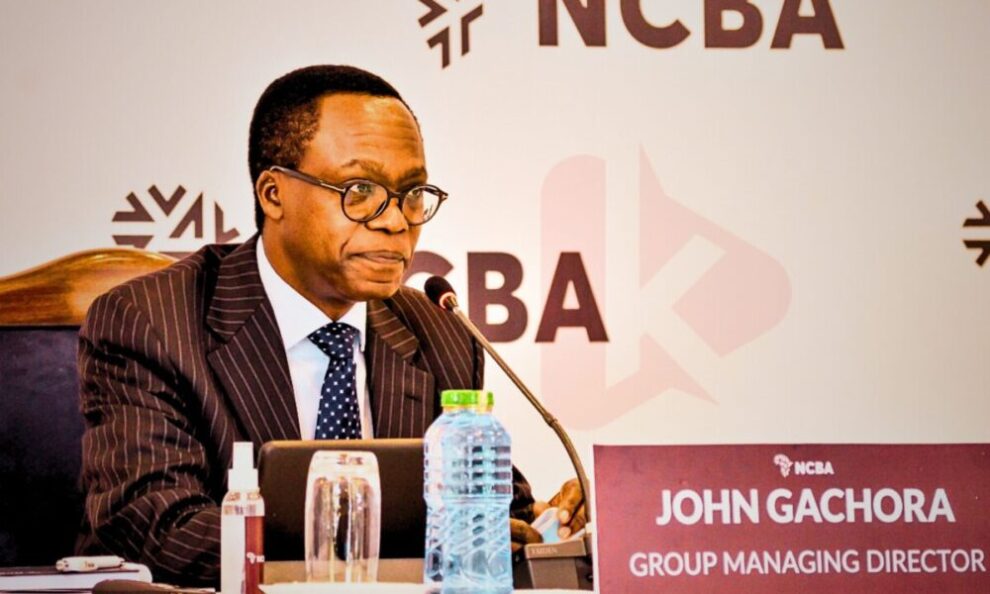In recent years, NCBA Bank has been at the center of numerous controversies, making it a symbol of financial misconduct and inequality in Kenya.
Many members of Generation Z are deeply concerned about these issues, particularly the accusations that NCBA served as a conduit for financial improprieties during President Uhuru Kenyatta’s tenure.
The call for Gen Z to occupy NCBA branches on Nane-Nane March which is anticipated to happen on August 8th of 2024, stems from grievances such as tax evasion, irresponsible remarks by the bank’s Managing Director, and allegations of tribalism in the bank’s leadership.
President Uhuru Kenyatta, who holds a majority share in NCBA, has been accused of using his position when he was president to evade taxes and grant the bank favorable treatment.
For instance, the 2019 decision by the National Treasury to exempt the newly formed NCBA entity, a merger between NIC Bank and CBA, from paying taxes amounting to Ksh 350 million, had in past months come under scrutiny.
Kenyans particularly the Gen Z, alleged that Kenyatta leveraged his influence to secure this tax waiver.
This decision is which was even challenged in court by Busia Senator and activist Okiya Omtatah, who argues that the then Treasury Cabinet Secretary, Henry Rotich, did not have the authority to grant such a waiver.
NCBA Managing Director John Gachora had denied claims that the bank received preferential treatment under President Kenyatta.
However, his recent remarks labeling Gen Zs as economic saboteurs have not helped the bank’s image.
These statements have been perceived as dismissive and disrespectful, further galvanizing the younger generation to take action.
Additionally, the leadership at NCBA has been criticized for its tribal composition, which many see as a reflection of broader systemic issues in Kenya.
This perceived tribalism within NCBA’s leadership adds another layer to the grievances of Gen Z, who are advocating for a more inclusive and equitable society.
The Nane-Nane movement, therefore, is not just about occupying bank branches but is a broader protest against perceived corruption, favoritism, and inequality in Kenya’s financial system.
Gen Zs are particularly passionate about transparency and accountability, values they feel are compromised by NCBA’s actions.
Occupying the bank branches, they aim to send a clear message that they will not tolerate financial misconduct and will stand up for justice and fairness.
Furthermore, the alleged tax evasion during the NCBA merger is seen as part of a larger pattern of economic mismanagement and favoritism.
The Ksh 350 million in question is a significant amount that, if recovered, could be used to benefit public services and development projects.
For Gen Z, this issue is not just about holding NCBA accountable but also about ensuring that Kenya’s wealth is used for the common good.
The call for Gen Zs to occupy NCBA branches on Nane-Nane is a symbolic and practical step towards demanding accountability from powerful financial institutions.
It reflects a broader desire for a fairer and more transparent economic system in Kenya.
By standing up against NCBA’s alleged misconduct and the influence of Uhuru Kenyatta, Gen Zs are asserting their role as active and conscientious citizens determined to shape a better future for their country.





















Add Comment